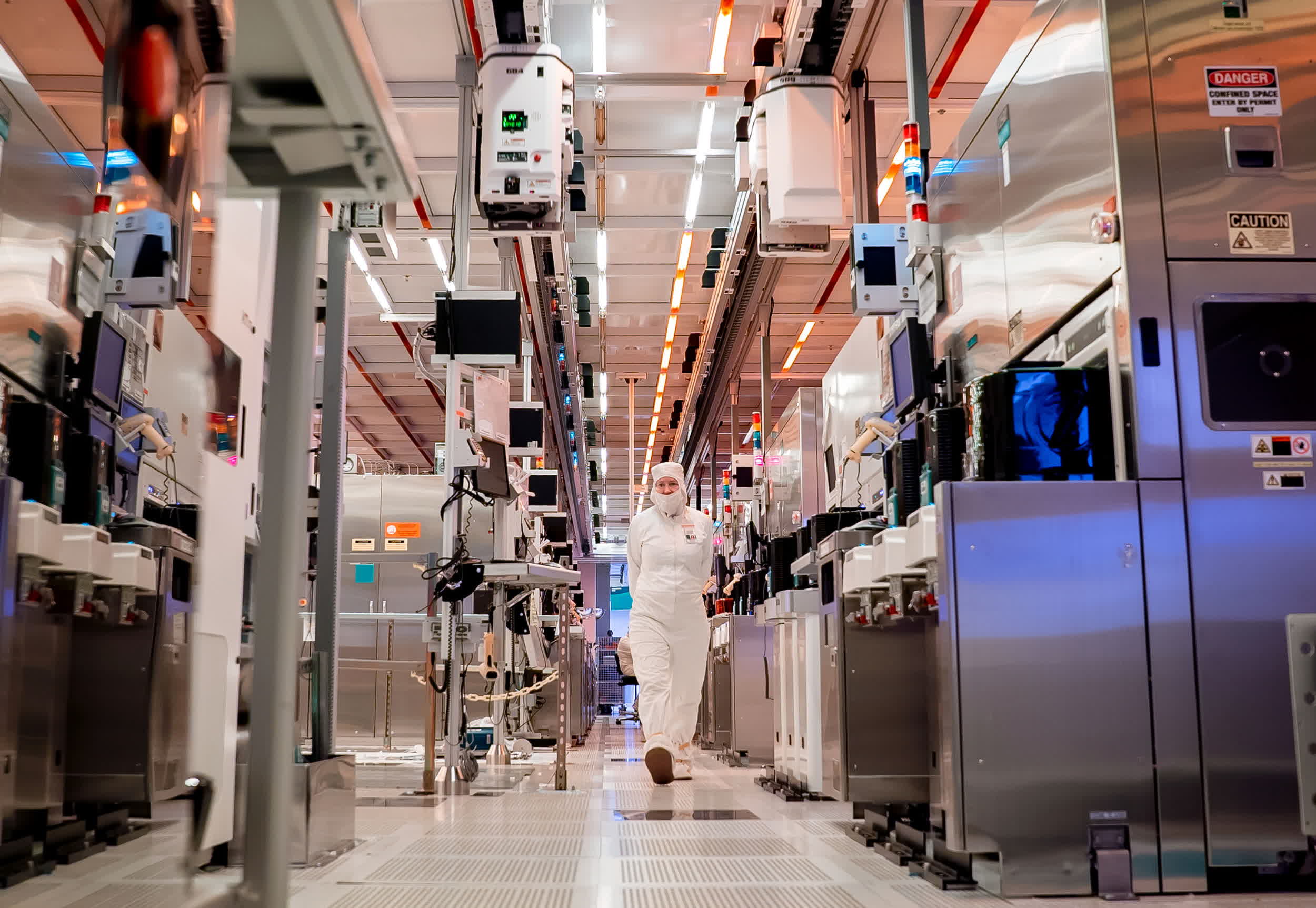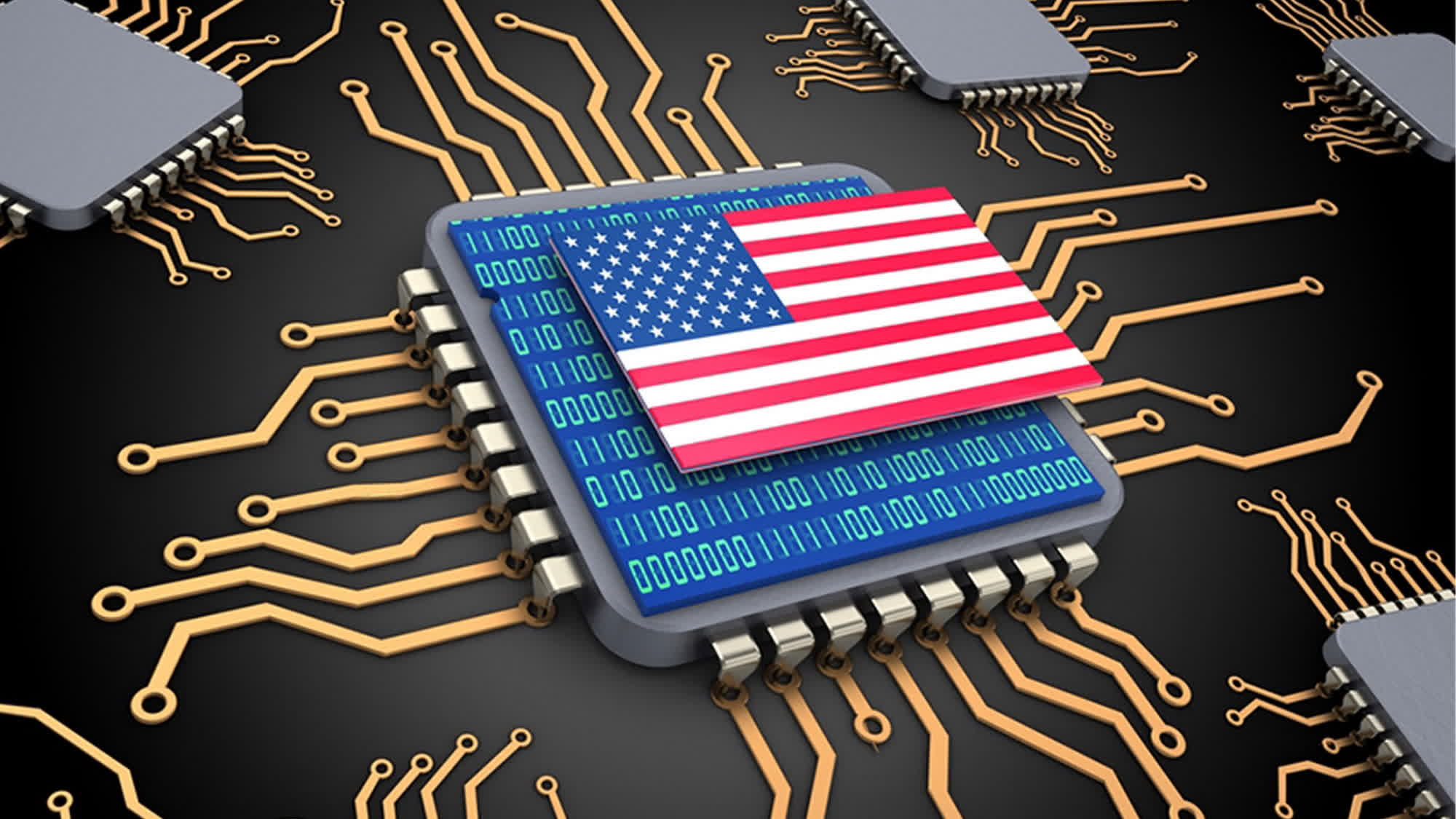Money Money Money: The CHIPS and Science Act was officially signed into law on August 9, 2022, authorizing around $280 billion in federal subsidies to boost domestic research and manufacturing of advanced semiconductor technology. The United States Secretary of Commerce says that the nearly $300 billion is still insufficient to achieve world dominance in the field.

Speaking at Intel's recent foundry event, United States Secretary of Commerce (SecCom) Gina Raimondo said that federal subsidies are essential for the US to become a new world power in microchip technology. Bloomberg notes that the SecCom believes the US likely needs to prepare a second CHIPS Act to keep funding domestic initiatives in the semiconductor business.
"I suspect there will have to be – whether you call it Chips Two or something else – continued investment if we want to lead the world," Raimondo said in her speech on Wednesday. "We fell pretty far. We took our eye off the ball."
SecCom recently spoke with OpenAI CEO Sam Altman, who is seeking federal subsidies to build a new chip venture. Demand for AI chips is increasing, Raimondo said, and it will soon become overwhelming for even the most prominent foundry operations in the world.
New investments and a potential new CHIPS Act could help build new US chip foundries and semiconductor startups. Aside from fulfilling the ever-growing demand for AI accelerators, the additional funds would lead to a surplus of specialized chips, enabling more companies to use artificial intelligence algorithms and services.

More AI chips and companies using AI for their business would provide a competitive advantage for the US – at least, that's Raimondo's theory. The US government still hasn't allocated or delivered the billions of dollars already funded with the original CHIPS Act. Washington recently announced a $5 billion investment to finance a new chip research initiative (NSTC), while Nvidia CEO Jensen Huang predicted that the US could achieve chip manufacturing independence in 20 years.
The US CHIPS Act forced other world powers to prepare similar plans to fund domestic semiconductor initiatives. Europe promised to invest €43 billion ($46.53 billion) in its version of the Chips Act to boost the Old Continent's competitiveness and resilience in the microchip business.
So far, Washington has only allocated $39 billion in direct funding and $75 billion in loans and loan guarantees to help domestic chip manufacturing – a little over one-third of the allocated funds. The first major players in the semiconductor industry to receive these subsidies include the US subsidiary of British contractor BAE Systems, GlobalFoundries, and Microchip Technology. Intel is also trying to get its slice of the state funding cake, with a new announcement expected soon.
https://www.techspot.com/news/101993-us-government-seeking-additional-chips-act-properly-fund.html